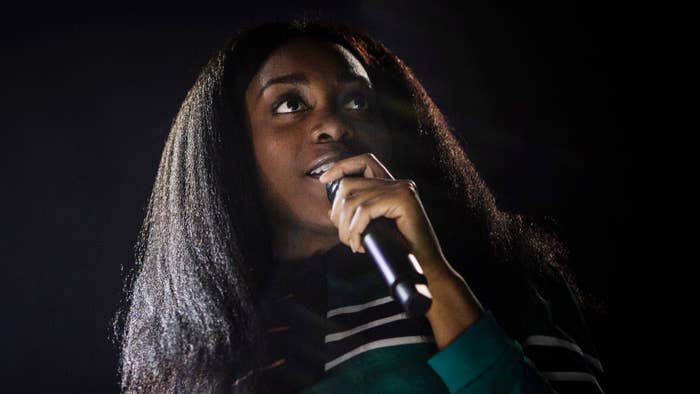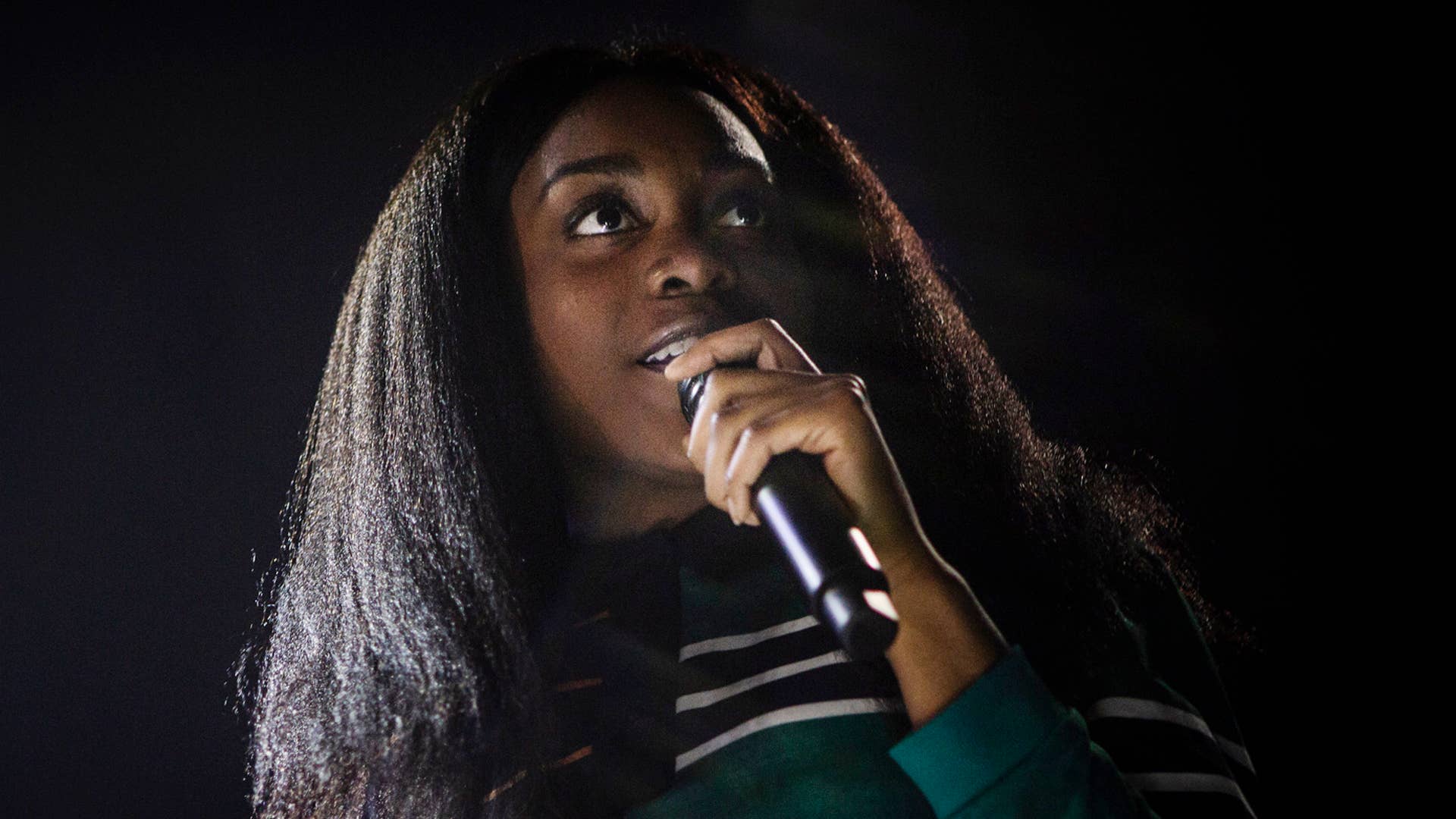
Noname has responded.
Two days after the Chicago MC was entangled in a suspected beef with J. Cole over his controversial new song “Snow on tha Bluff,” Noname shared her response in the form of “Song 33” late Thursday evening. To no one’s surprise, Noname addressed Cole’s comments, but “Song 33” is hardly a diss track. It’s a gracious challenge for Cole to do better.
It’s refreshing to see that Noname shared her message through music. Twitter was in shambles following the release of “Snow on tha Bluff,” and it would have been easy for her to post an exhaustive thread dragging Cole. Though she initially tweeted and deleted “Queen Tone” on Wednesday, she ultimately decided to reach into her bag of Madlib-produced beats and head to the studio.
What’s more important than how Noname responded, though, is what she actually said. The Chicago rapper brought attention to the important issues that are happening right now. “Why Toyin body don’t embody all the life she wanted?” she questions in the opening verse, referencing Black Lives Matter activist Oluwatoyin Salau, who was found dead on June 15. In the following verse, she discusses George Floyd’s final words before he was killed by Minneapolis police, rapping, “When George was beggin’ for his mother saying he couldn’t breathe, you thought to write about me?”
Noname was highlighting the issues that many wished J. Cole would have been talking about (instead of releasing a song like "Snow on the Bluff") but it also served as a teaching moment for a broader audience to inform them on the killings of Black people—especially Black women—that often go unheard or underreported.
Considering some of the lyrics on “Snow on tha Bluff,” in which Cole accused her of being “mad” at the world and called for her to teach the right information to him and others, Noname could have attacked without restraint and torn into Cole even harder than she did, if she wanted to. She could have talked about her book club, which highlights writers of color as well as writers within the LGBTQ+ community. She could have also brought up misogynoir and its history within rap music. But instead, she left him with little gems to think about.
“He really bout to write about me when the world is in smokes,” she spits on the second verse.
She continues, “Yo, but little did I know all my readin’ would be a bother/It’s trans women bein’ murdered and this is all he can offer… Distracting you from the convo with organizers.”
Noname is already known for her delicate rapping voice, but her tone sounds even more gentle here. Perhaps the irony in this is that Cole’s track was heavily criticized for tone-policing Noname, but here, she sounds almost too calm. Her tone sounds more like that of a parent who is disappointed with their child, rather than a person seeking revenge, which makes her response so much sweeter.
While the situation between Noname and J. Cole was not a beef, it’s understandable that fans will say that she dragged him. But her response didn’t come out of anger. She simply informed Cole of his horrible timing, and brought the focus back to where it should’ve been all along: Black Lives Matter.
It seems Cole got the hint. He tweeted the link to “Song 33” within minutes of its release. And while he said on Twitter that he “accepts all conversation and criticism,” it’s probably for the best if this is put to rest now. We don’t need another track from him, or a sit-down between the two.
Noname said what needed to be said.


